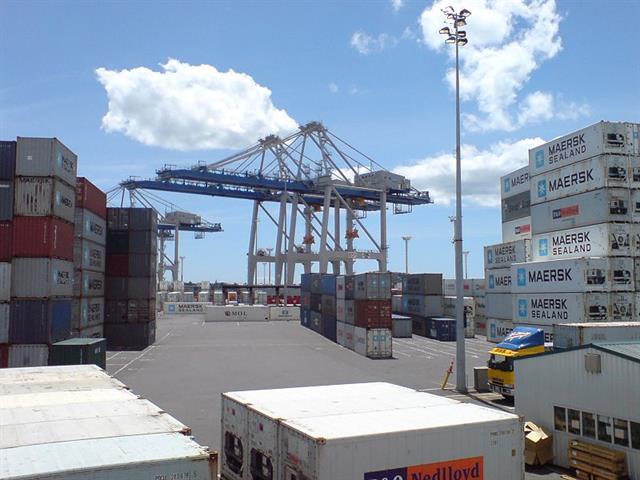 Supply chain collaboration is a key to success for New Zealand companies. |
Supply chain collaboration is a key to success for New Zealand companies involved in manufacturing, distribution and logistics.
"External and internal cross-collaboration creates efficiencies and buy-in, says Alan Stenger, who recently completed his term as the Ports of Auckland Visiting Professor and Chair in Logistics and Supply Chain Management at The University of Auckland Business School.
"New Zealand companies have an advantage as many are relatively small and can more easily achieve cross-functional co-operation naturally. They can put the framework in place early and it's there as the company grows."
Involving key people across business functions helps to maximise organisational performance by avoiding potential conflicts in objectives, or domination by any one internal department
"Externally, vertical relationships need to be fostered with customers, suppliers and logistics providers, covering the sharing of information and even assets where possible. Collaboration helps avoid duplicated processes and redundant activities or inventories, and efficiencies can be achieved by working with others to avoid half-full vehicles and empty containers on back runs."
However, he warns that the small number of players in the New Zealand market can create commercial sensitivities. In addition, New Zealand conditions are challenging - for example, the topography severely constrains the transportation and ports network, particularly with regard to highway and railway infrastructure.
The Chair in Logistics and Supply Chain Management is funded by Ports of Auckland with a NZD1 million grant over five years.